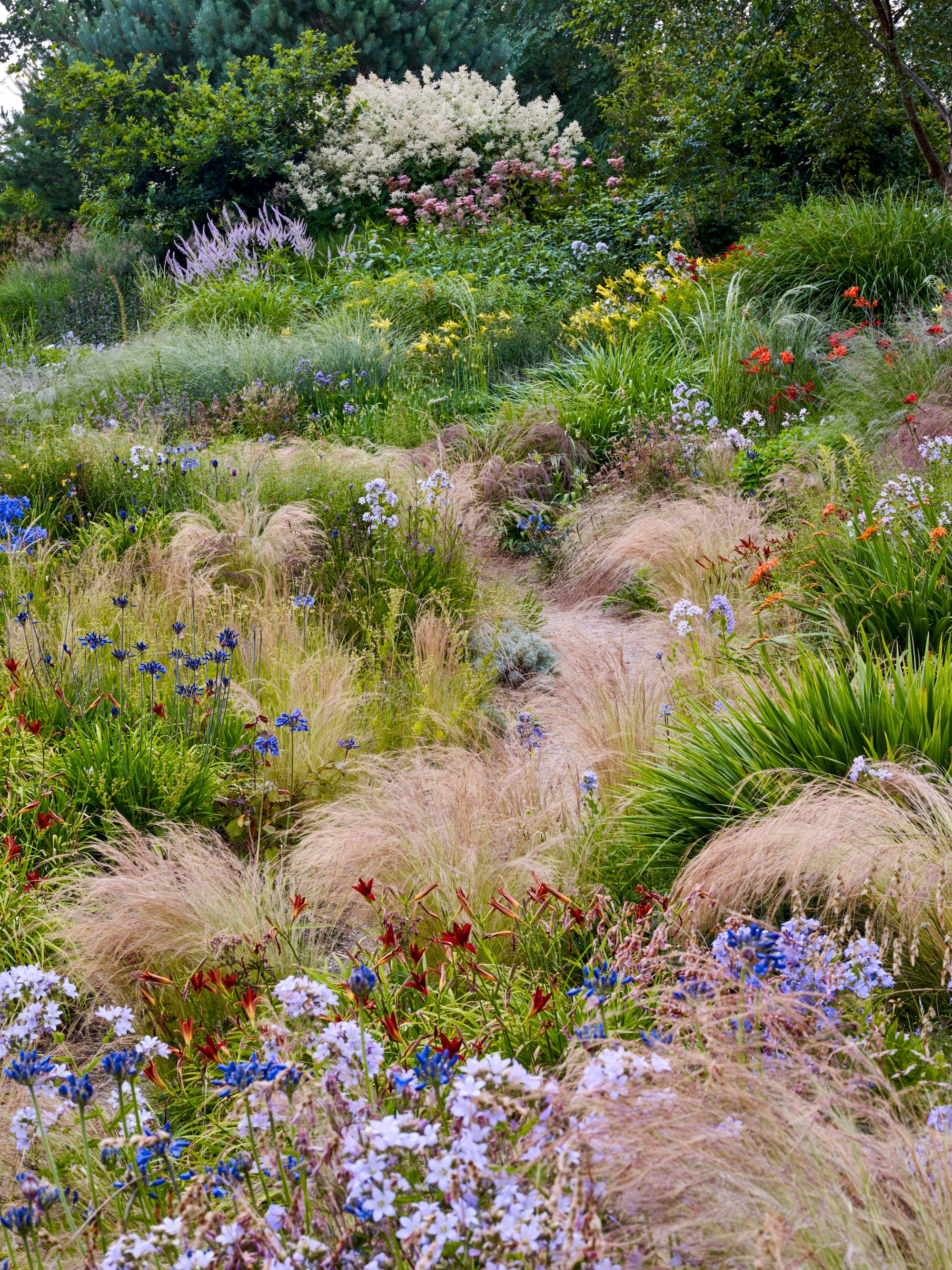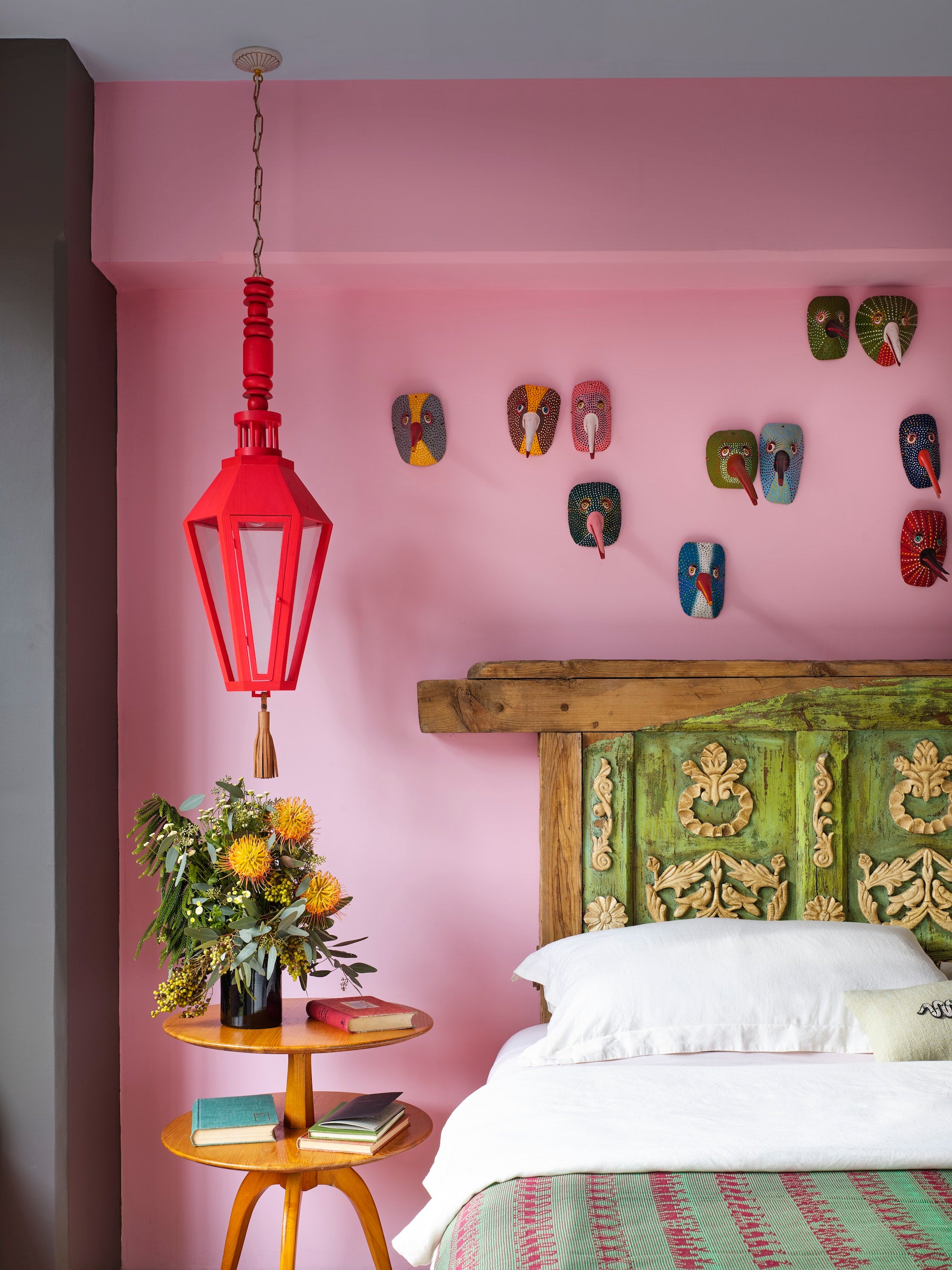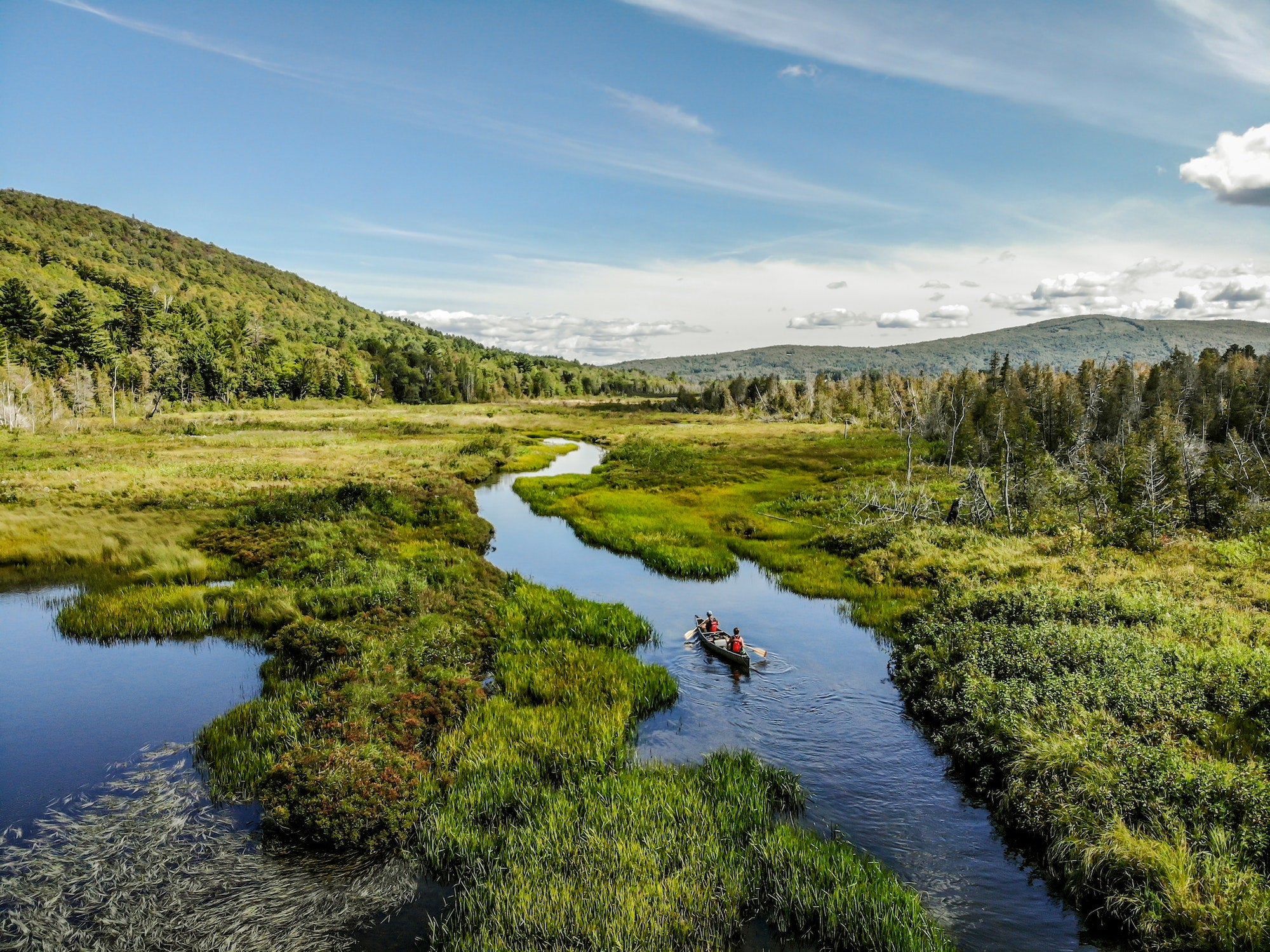
Step into The Avant Gardens
"I would like to see gardening evolve to become more focussed on its ability to connect us to nature, to be able to imagine a garden with less human ego - rather than having a fixed construct of what a garden should be." - John Tebbs.
Blurring the lines between the natural and the cultivated, The Avant Gardens observes visionary and unusual gardens in all their varying forms. Exploring the out of the ordinary, this book showcases a wide range of projects that reflect the shifting mindsets and cultures of their locale, challenging our notion of what a garden can be, and how they can make us feel. In light of its recent release, we spoke with writer, gardener, and co-editor, John Tebbs, about his experience creating this book.

(Photo: Courtesy of Jason Ingram, The Avant Gardens)
Q. Hi John, can you introduce yourself to those who may not know you?
A. Well, I have been a gardener for over twenty years, more recently I had an online shop and journal; The Garden Edit. I was also founder and editor in chief of the print magazine Pleasure Garden which launched in 2017.
Q. What inspired you to work in the gardening industry?
A. Working in the gardening industry felt like a natural progression for me, having been interested in it from a young age and having my first weekend job in a plant nursery at 14, it was very much something that felt part of my DNA. After studying for a degree in Art History I decided that actually horticulture is where I wanted to return to and so that’s what I did. There is something very humbling about working in the garden - it can be a great teacher.
Q. Do you see a shift in our relationship with nature and green spaces since the pandemic?
A. I would say that definitely during the pandemic we became very aware of how important green space and nature is. My sense now is we have returned to many of our familiar pre pandemic patterns and focus has become less on this. I think perhaps you only get the real opportunity to appreciate nature when you have the time to observe and be present in it. Our lives are often so busy that we can easily lose that.
Q. Do you have a favourite garden project featured within The Avant Gardens? And if so, why does it stand out to you?
A. Lots of them are really inspiring! One of my favourites is the garden at Knepp - the revolution in ripping out a huge monoculture of lawn, to create a landscape whose focus is to celebrate and increase the biodiversity of the garden, in a similar but different way to the wilding project that was undertaken on the wider Knepp estate, is a really exciting prospect.
Q. How do you think gardens will evolve in the future? Is there a certain trend or design we can expect to see more of in the next few years?
A. I hope we see less trends to be honest. I would like to see gardening evolve to become more focussed on its ability to connect us to nature and for nature to be allowed to lead more in that sense. To be able to imagine a garden with less human ego, as we see in the garden of Gilles Clément, where natural processes and changes are accepted and welcomed. Rather than having a fixed construct of what a garden should be, with its demand for control at all cost. I also believe that more and more people are conscious of where and how their food is produced and so growing food in the garden will return as a future focus.
Q. What makes The Avant Gardens unique?
A. I think perhaps the variety of projects that are featured in the book. It provides a good overview of the shifts in Western approaches to the garden. From the ‘Wild Garden’ of the Victorian William Robinson, to contemporary projects that take these ideas to the next level with thinking in terms of biodiversity and how the garden can connect the ‘wild’ and the domestic.
Q. What do you hope readers will take away from The Avant Gardens?
A. I think I would like readers to take away that the garden is a shifting and evolving space. One that gives us the opportunity to connect with nature on a personal level. I’d also like them to realize that although many of the gardens featured in the book are large, many aspects of what they are about are totally scalable to whatever size space you are working with. I hope that it inspires people to consider the garden with fresh perspectives.
Taking into consideration climate change and biodiversity, The Avant Gardens celebrates the cultivated natural world. Discover our latest release now.


